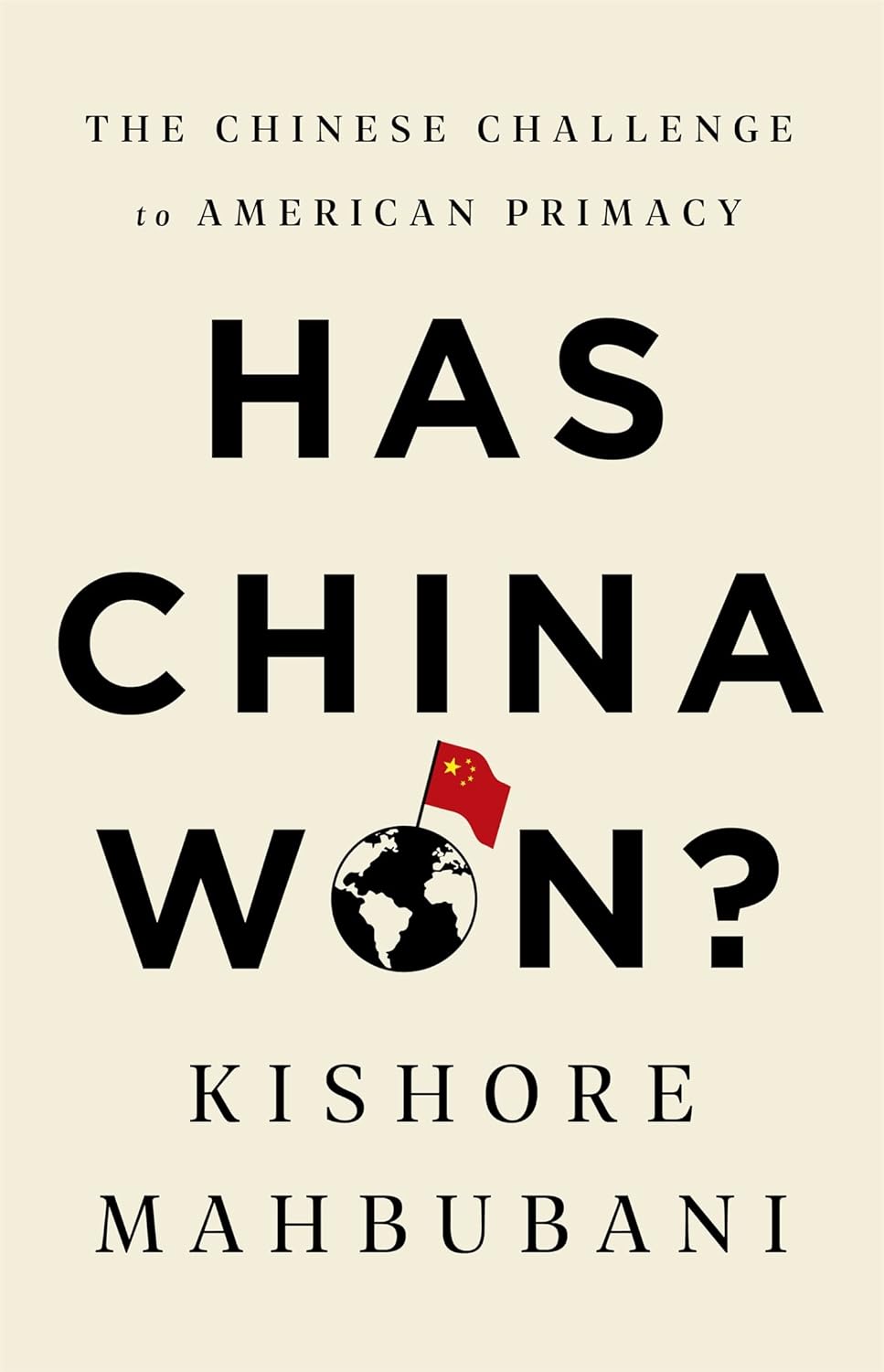

Has China Won? The Chinese Challenge to American Primacy is an interesting book about the power struggle between China and the United States in the global arena. Written by Kishore Mahbubani, the book highlights various aspects of the debate between China and the United States and delves into the arguments of both sides. Has the United States fallen behind China in economic, military, political, and social terms? Where does America stand compared to China in areas such as global consensus, future growth projections, foreign policy, conflicts abroad, diplomacy, and mutual perceptions?
Mahbubani, a former ambassador to the United Nations from Singapore and founding dean of the Lee Kuan Yew School of Public Policy, explores these questions. He criticizes the American establishment and its current policies while examining the history of foreign policy between these two superpowers. He looks at the different political systems of the two countries and the reasons for their continued existence. He examines the public perception of their own government and that of the other—with implications for foreign policy and international relations. He also examines how China's government has thrived under recent communist rule and throughout its long history dating back 2200 years. Mahbubani attributes this resilience to religious differences and historical structures such as the Mandate of Heaven and teachings of Confucianism, Taoism, and Buddhism. This influence has shaped China's attitude towards other countries and enabled the country to remain relatively isolated in global comparison. Mahbubani even discusses China's continued economic and social growth, while growth in the US appears to be slowing.
In Has China Won? The Chinese Challenge to American Primacy, Mahbubani compares the structure, social strata, and mindset of the American government with his view of China. He goes into detail about the weaknesses he sees in America's mindset of Western hegemony. He addresses the key issues necessary for a successful long-term foreign policy strategy and criticizes both the American and Chinese approaches.
Overall, it is a well-written book that allows for a clear understanding and analysis. The book begins with a clear purpose but can be bogged down by Mahbubani's perceived bias—he asks thought-provoking questions but often fails to provide substantive answers. The narrative includes details and criticisms of the American government, while the darker sides of Xi Jinping’s rule and the Communist Party in China are not sufficiently appreciated. For example, Mahbubani tends to gloss over events such as the Great Leap Forward and numerous human rights abuses.
To summarize, the book—while insightful at times—can be confusing; it jumps from one topic to another without fully exploring them. At times it is contradictory, portraying China as both a victim of Western actions and a unilateral global actor pursuing its own interests, while criticizing similar US behavior.
Szabolcs Veres
the author is researcher at the Eurasia Center
Publisher: PublicAffairs
Publication date: 2020
ISBN: 978-1541768130
Pages: 320